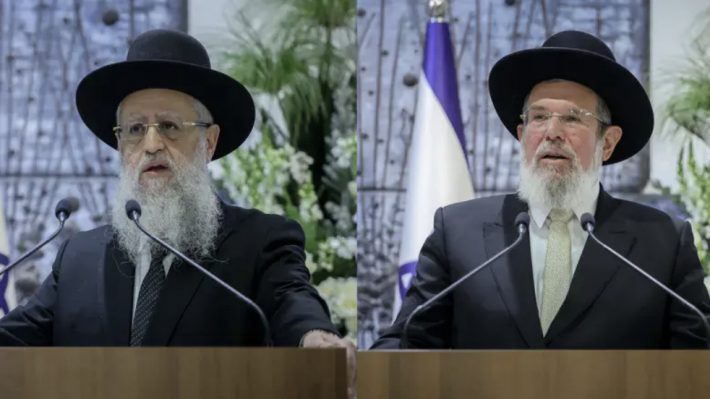What is the secret of repentance? How do we actually achieve it? And what does it truly mean when we speak of atonement?
At its core, teshuvah—repentance—is not just regret for past mistakes, but a return: a return to our truest selves, to our divine purpose, and to our Creator. To repent is to realize that we are never trapped by yesterday. Judaism teaches that no matter how far one has strayed, the path back is always open.
Atonement means more than forgiveness; it means cleansing, realignment, and renewal. It is the spiritual reset button that allows us to begin again—not as the same flawed person, but as someone reborn, elevated, and closer to Hashem.
That is what makes Yom Kippur—the Day of Atonement—so unique. It is the one day of the year when G-d Himself promises that the gates of mercy swing wide open. On this awesome day, our prayers rise higher, our hearts are purified, and we plead not only for forgiveness but for our names to be sealed in the Book of Life—for blessing, peace, health, prosperity, and above all, closeness to Him.
As Jim Long and Rabbi Chaim Richman remind us, Yom Kippur is not about despair, but about hope and rebirth. It is a divine gift, a chance to shed the old and begin anew with joy, wisdom, and strength.
May you and your loved ones be sealed in the Book of Life—for blessings, good health, prosperity, peace, wisdom, and an ever-deepening closeness to Hashem.





